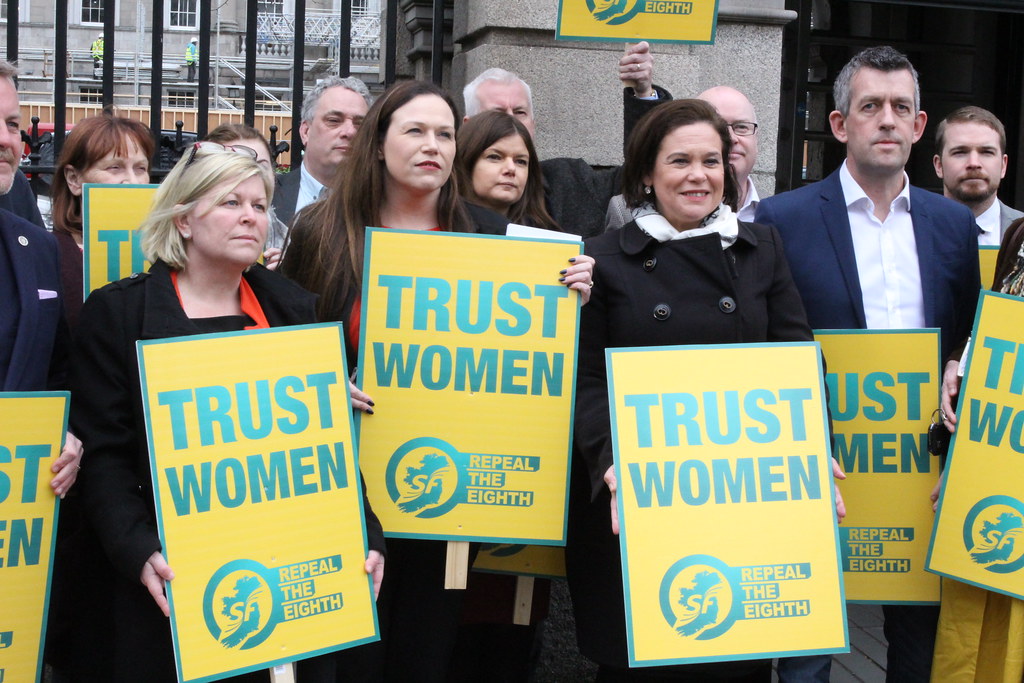The full extent of Oxford’s access problem is still unravelling as new analysis by Cherwell has revealed the white privilege at the core of its admissions system.
Following the release of the University’s first-ever undergraduate admissions report on Wednesday, new analysis of the data has shown that of every 100 white applicants who applied between 2015 and 2017, over a quarter – 27% – were given offers. White British applicants were twice as likely to gain admission as their black British peers.
Just 16% of black or black British (African) and 20% of black or black British (Caribbean) students who applied at the same time were given offers. The total black minority ethnic (BME) offer rate for the 2015-17 period was 18%.
The findings come after Cherwell revealed on Wednesday that Oxford admitted more pupils from Westminster School than black students in 2017.
Naomi Kellman, founder of Target Oxbridge, said that the findings were unsurprising: “Target Oxbridge has been working to improve the representation of black students at Oxford since 2012, and so the statistics did not surprise me, as it is an issue we work on every day.”
“I am please to see some improvements in the number of black students admitted to Oxford each year however, and am keen to continue pushing for greater change.”
Kellman said that Target Oxbridge, which aims to help black and mixed race African and Caribbean students increase their chances of Oxbridge admission, will expand to provide support for black pupils in Years 10 and 11, as well as their parents.
“If we want to see significantly better statistics in future years, we must start working with students before they start their A-levels,” Kellman said.
Of the 120 black students admitted to the University between 2015 and 2017, Corpus Christi College admitted just one despite attracting a dozen applications. Seven other colleges – Balliol, Exeter, Jesus, Magdalen, New College, University, and Worcester –admitted just two.
At the same time, the overall number of BME students admitted to Oxford rose from 13.9% in 2013 to 17.9% in 2017, with the number of UK-domiciled BME applicants to the University also increasing by 38% during the same period.
The disparity in ethnic inequality remains vast on the college level. While BME students made up 20.3% of the total UK students admitted to Keble College between 2015–17, this figure was just 10.8% at St Edmund Hall in the same period.
Labour MP David Lammy, who has outspokenly criticised Oxford over the last 18 months for failing to improve equality in their admissions process, said on Wednesday that the latest data reveals little has changed.
“The University is clearly happy to see Oxford remain an institution defined by entrenched privilege that is the preserve of wealthy white students from London and the south-east,” he said.
In a tweet, Lammy said that there are “huge differences between the individual colleges on admissions of state school students, BME students, and students from disadvantaged backgrounds. Some colleges are working hard to address this issue, many simply seem to not care. They are just recruiting their in own image [sic].”
Lammy also criticised what he called the University’s “institutional failings” for ethnic inequality in course and programme admission, citing the statistic that only a single black student received an offer for Computer Science between 2015-17 despite 30 applications.
“For four of the biggest courses – Law, PPE, Medicine, Geography – you are twice as likely to get in if you are white compared to if you are BME. Oxford need to address these institutional failings instead of spinning the figures and blaming the schools or applicants,” he tweeted.
Just 10 black British students were admitted to the University to study PPE between 2015-17, the data showed, while six black British students gained places to study English Language & Literature.
Lammy said: “If Oxford is serious about access the University needs to put its money where its mouth is and introduce a University-wide foundation year, get a lot better at encouraging talented students from under-represented backgrounds to apply and use contextual data when making offers.”
Lammy’s comments on Wednesday come after a new study revealed yesterday that disadvantaged students from the worst performing schools do just as well or better in Medicine as students from top schools, even when their A-level results are worse.
The study, led by the University of York, found that these pupils outperformed their independently-educated peers with the same grades. The researchers suggest that competitive medical school entry requirements should be contextualised for schools with low average A-level results.
Despite just 5% of students in the UK being schooled privately, currently half of Medicine entrants are independently educated.
Earlier this month, Conor Ryan, director of the new Office for Students, called for a switch to a post-qualification admissions (PQA) system, claiming that disadvantaged teenagers lose out in an admissions system that requires school students to apply to university using predicted grades.
A University spokesperson told Cherwell that Oxford is “very concerned about fairness and does not believe in a system that inadvertently excludes bright but disadvantaged candidates.”
“The limitations of a pre-qualifications admissions system are well known, but it would be logistically very difficult to move to a post-qualification system and therefore would need to be considered carefully; a consultation several years ago across the higher education sector found universities raised a number of concerns about moving to PQA that still need to be addressed,” the spokesperson said.
New analysis from Wednesday’s release also reveals a systematic weighting in favour of students from independent schools.
Between 2015-17, 5,007 applications were made from students at state comprehensive schools, with an offer rate of 22% – four percentage points lower than the offer rate for applications made from independent schools (26%) in the same period. The University received 14,636 applications from students at independent schools.
The figures also showed that the top twelve independent schools sent more students to Oxford in 2017 (321) than all state comprehensive schools (308).
17 of the top 20 schools for Oxford admissions in 2017 were fee-paying, while three prestigious grammar schools completed the top 20.
Westminster School, which charges £12,580 per term for boarding, topped the list. Out of 98 applications, 54 pupils received offers and 49 were eventually admitted to the University.
Eton College (45 students), St. Paul’s School (37), and King’s College School (31) were the other fee-paying schools to make up the top five.
Peter Symonds College (31), which is a non-selective sixth form college in Winchester, was the only non-independent school in the top five.
Hills Road Sixth Form College in Cambridge (26) and Pate’s Grammar School (17) were the other non-fee-paying schools to send more than 15 students to Oxford last year.
Though Oxford admitted more UK-domiciled female undergraduates than male in 2017, the report revealed variation at college level. In the last three years, less than 40% of Balliol College’s undergraduate intake were women. New College followed closely behind with 41.6%.
Overall, the University-wide gender split between women and men was 48.8% to 51.2%.
On Tuesday, a ‘Solidarity Rally’ organised by Common Ground, the Oxford SU Class Act Campaign, Oxford First Generation Students, and the Oxford Students’ Disability Community will be held outside the Radcliffe Camera.
According to its organisers, the event plans “to ensure that potential applicants to Oxford hear our voices and see that we are trying to change the institution from the inside”.





